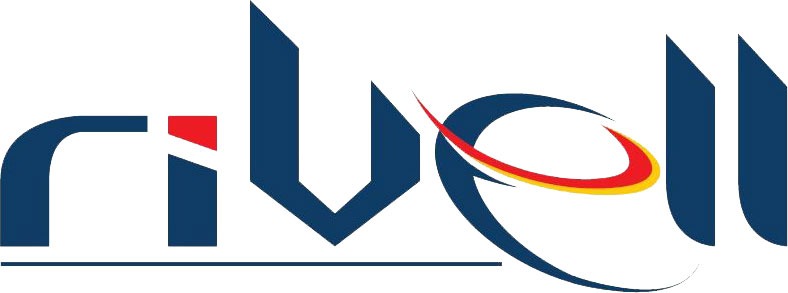When it comes to choosing a web hosting service for your business, there are a lot of options to choose from. Two of the most popular hosting services are cloud server and dedicated server. Both have their own advantages and disadvantages, and it is important to understand the difference between the two before making a decision:
Cloud Server vs. Dedicated Server: What’s the Difference?
Cloud servers, also known as virtual private servers (VPS), are hosted on a network of multiple physical servers. Each of these servers is connected to a shared pool of resources, such as memory, CPU, and storage. This allows companies to scale their server resources as needed, without having to invest in additional hardware. Cloud servers are also typically more reliable and secure than traditional dedicated servers, as they are located in data centers with multiple layers of redundancy.
On the other hand, dedicated servers are physical servers that are dedicated to a single user or organization. This means that the resources of the server are not shared, giving the user complete control over the server and its configuration.
The Pros and Cons of Cloud Servers
Pros of Cloud Servers
- Cost Savings – One of the most attractive benefits of cloud servers is the cost savings they offer. With cloud servers, businesses don’t need to invest in expensive hardware and software, as the cloud provider takes care of all of that for you. This can lead to significant cost savings in both hardware and software costs.
- Scalability – Cloud servers are highly scalable, meaning you can quickly and easily add or remove resources as needed. This makes it easy to accommodate changing needs and to scale up or down as needed.
- Security – Cloud servers are generally more secure than on-premise servers because the cloud provider is responsible for the security of the servers and data. This means that businesses don’t have to worry about security threats as much and can focus on running their business.
- Reliability – Cloud servers are much more reliable than on-premise servers, as they are constantly monitored and maintained by the cloud provider. This means that businesses can be sure that their servers are always up and running and that any issues can be quickly addressed.
Cons of Cloud Servers
- Limited Control – One of the drawbacks of cloud servers is that businesses have limited control over them. This means that businesses can’t customize the servers as much as they could with on-premise servers, and can’t access the physical hardware in the event of a problem.
- Complex Setup – Setting up and managing cloud servers can be complex, as businesses need to be familiar with the cloud provider’s platform and technologies. This can require a significant amount of time and effort to learn and can be difficult for businesses that don’t have the necessary expertise.
Read more : 5 Factors to Consider When Choosing a Cloud Hosting Plan
The Pros and Cons of Dedicated Servers
Pros of Dedicated Servers
- Increased Performance: Dedicated servers provide an isolated environment with dedicated resources, so performance is significantly improved. This is especially beneficial for businesses that rely on their websites to generate revenue, as a slow website can lead to lost customers and sales.
- Security: Dedicated servers provide an extra layer of security since they are not shared with other users. This means that there is less risk of malicious attacks or data breaches.
- Flexibility: Dedicated servers offer more flexibility than shared hosting solutions, as businesses can customize their server to their exact needs. This includes the ability to choose the operating system, control panel, and other software that is installed.
Cons of Dedicated Servers
- Cost: Dedicated servers are more expensive than shared hosting solutions, so businesses need to carefully consider their budget when making this decision.
- Maintenance: Dedicated servers require more maintenance than shared hosting solutions. Businesses need to ensure that their servers are up to date and secure, which can be time consuming and costly.
- Expertise: Dedicated servers require a certain level of technical expertise to manage and maintain. Businesses need to ensure that they have staff with the necessary skills to handle this.
Conclusion
Cloud servers and dedicated servers are two distinct types of hosting solutions. Cloud servers provide a virtualized environment with on-demand scalability, while dedicated servers provide a physical machine with full control. Cloud servers are usually less expensive and faster to set up, while dedicated servers are more reliable and offer higher performance. The right choice of server depends on the size of the business, the budget, and the requirements of the application.
Rivell is a trusted company offering various services, including cloud server hosting. Learn more about our IT support and consulting services in New Jersey!









